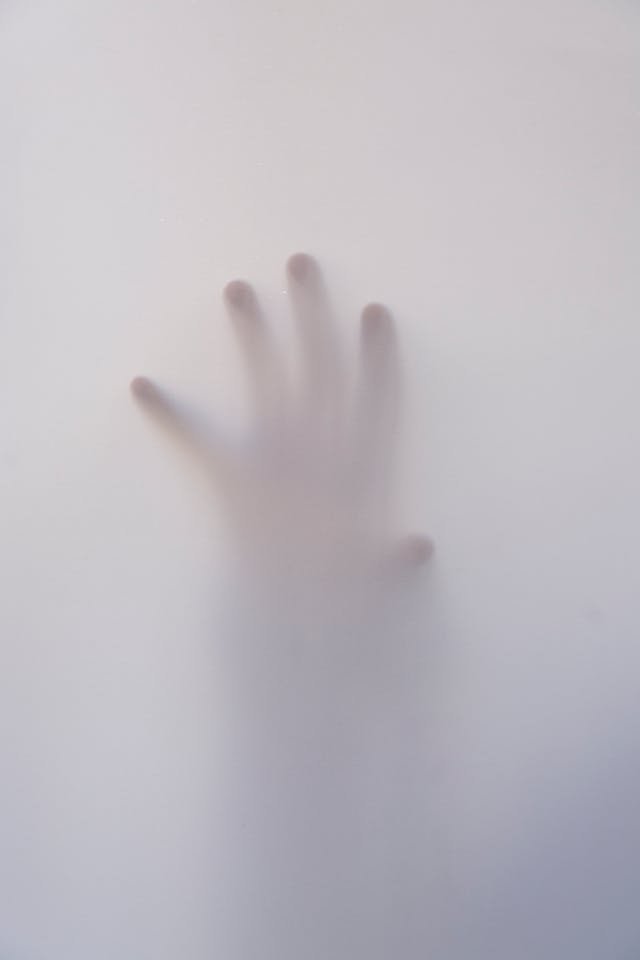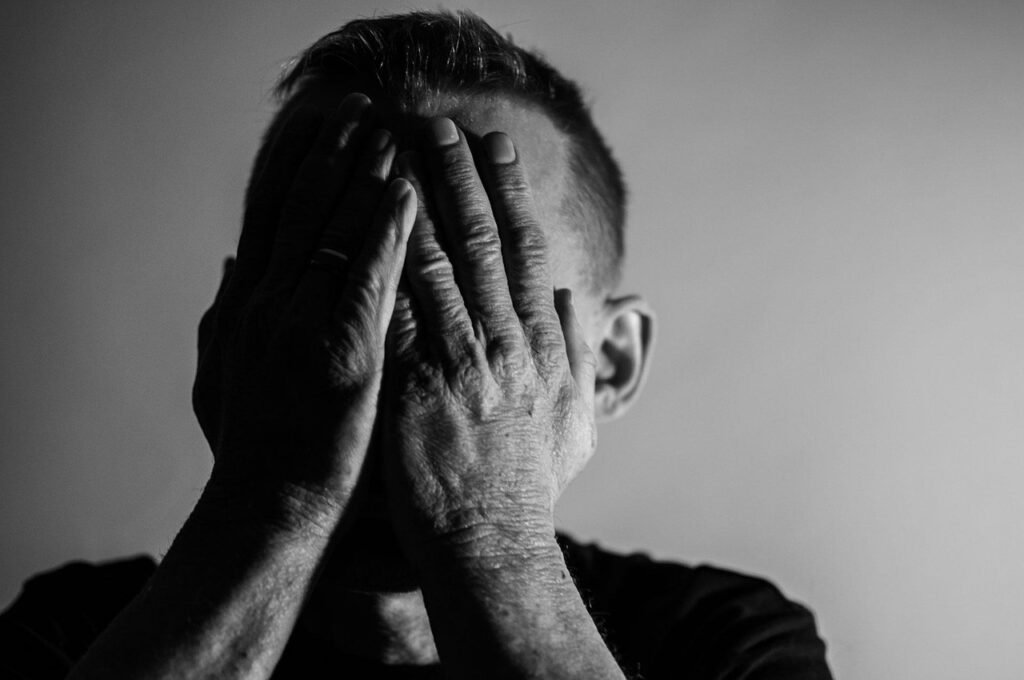
The Weight of Unheard Truths
There is a particular kind of grief that comes not just from loss, but from realization, the slow, crushing understanding that someone was telling you the truth all along, and you didn’t fully listen. It’s the agony of hindsight, the way their words, once dismissed as confusion or exaggeration, now ring with terrible clarity. They weren’t asking for much, just to be believed. But belief is a fragile thing, easily overshadowed by our own assumptions, our own reluctance to see what is too painful to face.
Our brother’s words were not riddles; they were warnings. They were not exaggerations; they were truths stripped bare. But truth is often uncomfortable, and so we explain it away. He’s just tired. He’s stressed. He’s seeing things differently. We do this not out of cruelty, but out of self-preservation because if we admit that his suffering is real, then we must also admit our own powerlessness, or worse, our own failure to act. And so we hesitate. We wait for proof. We wait until it’s too late.
Now, his voice lives in echoes. The things he said, the fears he named, they were not fragments of paranoia, but prophecies. He knew the coldness in his home was more than temperature; it was isolation. He knew that safety isn’t just about breathing; it’s about being seen. He knew that a smile is sometimes the most convincing mask. And when he spoke of fading, he wasn’t being dramatic, he was disappearing before our eyes, and no one stopped it.
This is the cruelest lesson grief teaches: that the truth was there all along, spoken plainly by someone who trusted us to hear it. And now, the only thing left to do is carry those words forward, not as guilt, but as a vow. To listen harder next time. To believe even when it’s uncomfortable. To understand that sometimes, the most important truths are the ones that don’t make sense until it’s too late.
The Haunting Truth We Didn’t Hear: A Brother’s Silent Cry for Help

When our brother told us his phone was being monitored that every call, every message might be watched, his voice trembled with concern. You brushed it off as paranoia. It’s just stress, you told yourselves. He’s overthinking. You didn’t realize then that his fear wasn’t irrational, it was a warning. He was being watched, not just through screens, but in his own home. He was secretly recorded, deliberately provoked, his reactions twisted into traps. It wasn’t just control, it was preparation. A setup. And by the time we saw it, the damage had already begun.He was trying to tell us, in the only way he could, that he wasn’t safe. But we didn’t listen. Not really. And now, his words claw at us in the silence, because we know he was right all along.
He told us about the injections, how they were only temporary, just for a short while, just until his body healed. Such a small thing, really. A few seconds of someone’s time, a moment of care. But the person who should have helped him made him feel like an inconvenience, a burden, like his need was too much. So he did it himself, pushing the needle into his own belly with shaking hands, swallowing the humiliation along with the medicine. He shared this excruciating truth just days before he was gone mysteriously, suddenly leaving with the crushing weight of what if?
We should have heard it then. We should have recognized the quiet horror in his voice when he said, “It’s fine” Nothing about this was fine. A temporary medical need became a permanent wound in his spirit. A few seconds of help denied became a lifetime of regret for us.
How many other “small” indignities did he endure alone? How many times did he swallow his pain because someone made him feel like a burden? We’ll never know the full weight of what he carried. But we know this much: when someone tells you they feel like a burden, they’re not just sharing a feeling, they’re handing you a lifeline. And we… we let it slip through our fingers.
Now the injections have ended. The temporary has become eternal. And we are left with the unbearable math of grief: all the love in the world cannot multiply into a second chance. What if you had taken his fear seriously? What if you had boarded a plane, shown up at his door, and pulled him out of that place? What if you had simply believed him when it still mattered?
Now, the distance between us feels like a crime. Hundreds of miles shouldn’t have been an excuse. We should have fought harder, called more, demanded answers. But we didn’t. And so we are left with the unbearable truth: our brother was crying out in the only ways he knew how, and we failed to recognize it as a plea for rescue.
Regret is a relentless ghost. It whispers in the dark, reminding us of every missed chance, every dismissed worry. We carry it like a stone in our chests, heavy with the knowledge that we could have, should have done more. But time only moves forward, and all we have now are his words, echoing too late. All we can do is vow this: never again will we mistake fear for exaggeration, or silence for peace. Because sometimes, the quietest cries are the most desperate. And by the time we hear them, it’s already an echo.
The Silence We Can Never Take Back

We were raised to respect boundaries, to avoid prying into private matters, especially those wrapped in shame or taboo. Don’t interfere. Don’t ask too much. It’s not our place. These unspoken rules, carved deep into us by culture and faith, became the walls that kept us from reaching our brother when he needed us most. We thought we were being respectful. We thought we were giving him space. But now we see the truth: we were leaving him alone in the dark.
The guilt is a living thing. It coils around our throats when we remember how we hesitated, how we let fear of overstepping, of causing drama, of disrespecting his household, silence our instincts to fight for him. What good were our traditions if they stopped us from saving him? What good were our prayers if we didn’t act when he was still here to hear them?
If there is any mercy in this pain, let it be this: may our grief shatter the taboos that keep others from listening. May our regret teach someone, somewhere, to barge through doors before it’s too late to ask the uncomfortable questions, to ignore the whispers of shame, to choose love over silence. Because the cruelest truth is this: the people we lose don’t vanish all at once. They fade in the spaces between what we should’ve said, what we could’ve done, and what we didn’t dare to question, until one day, all that’s left is the echo of their voice, begging to be heard.
Listen. Before it becomes an echo.
—Banchu (Nama)